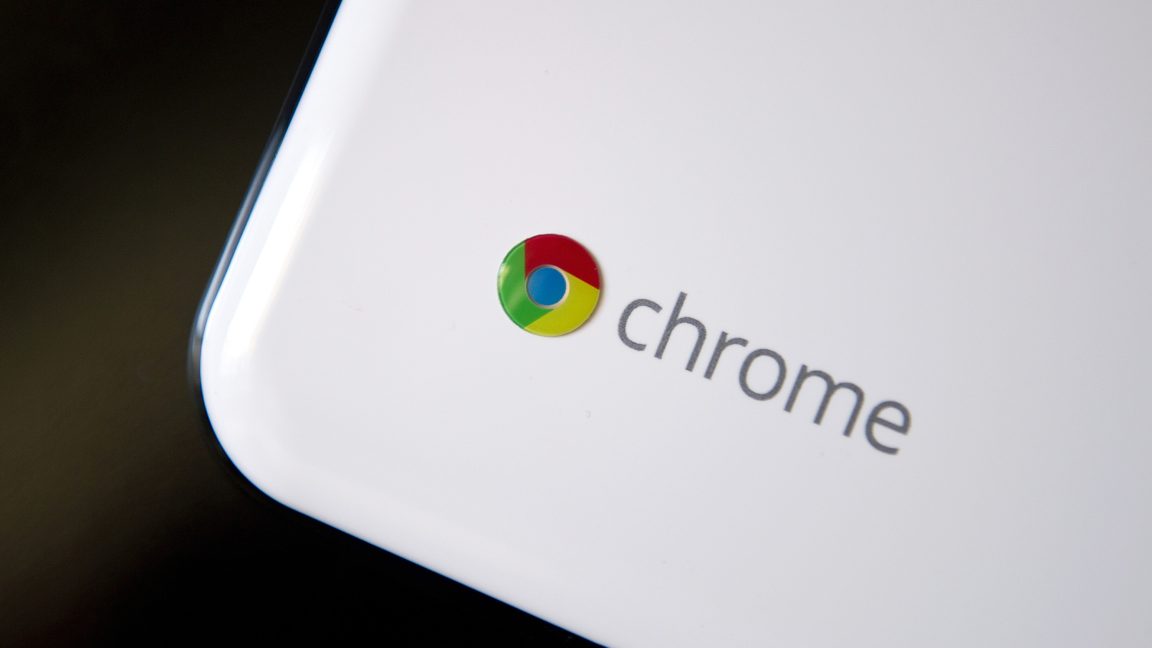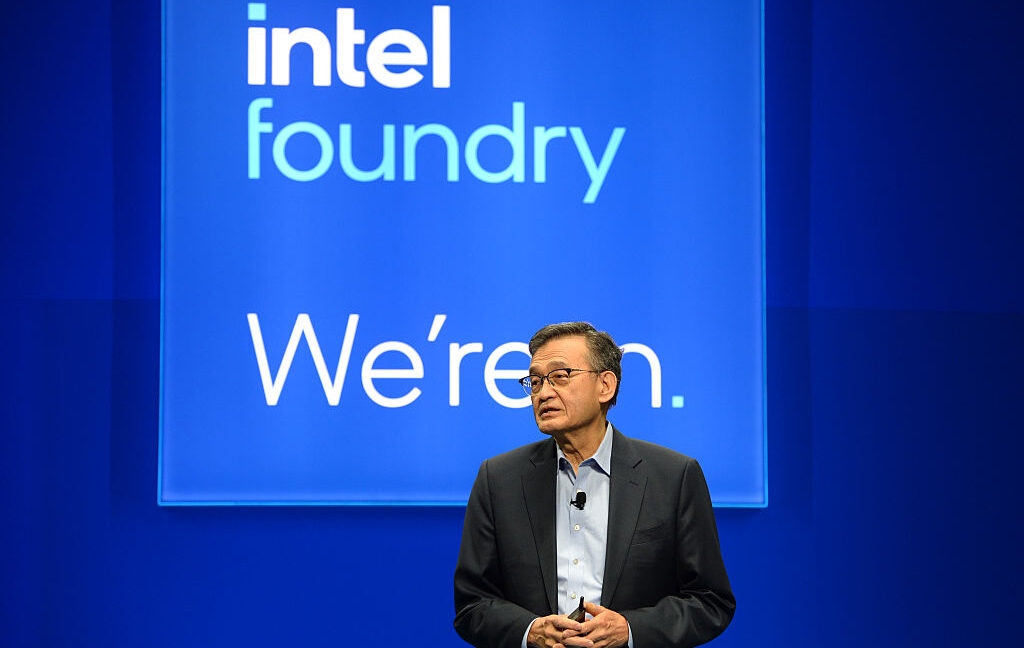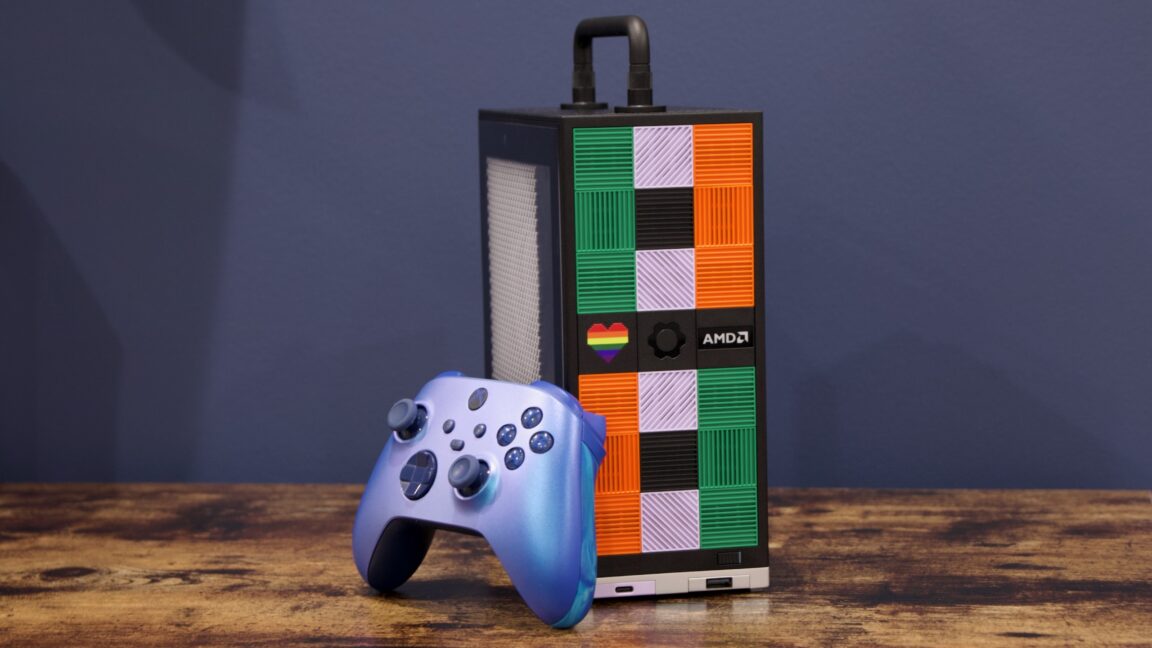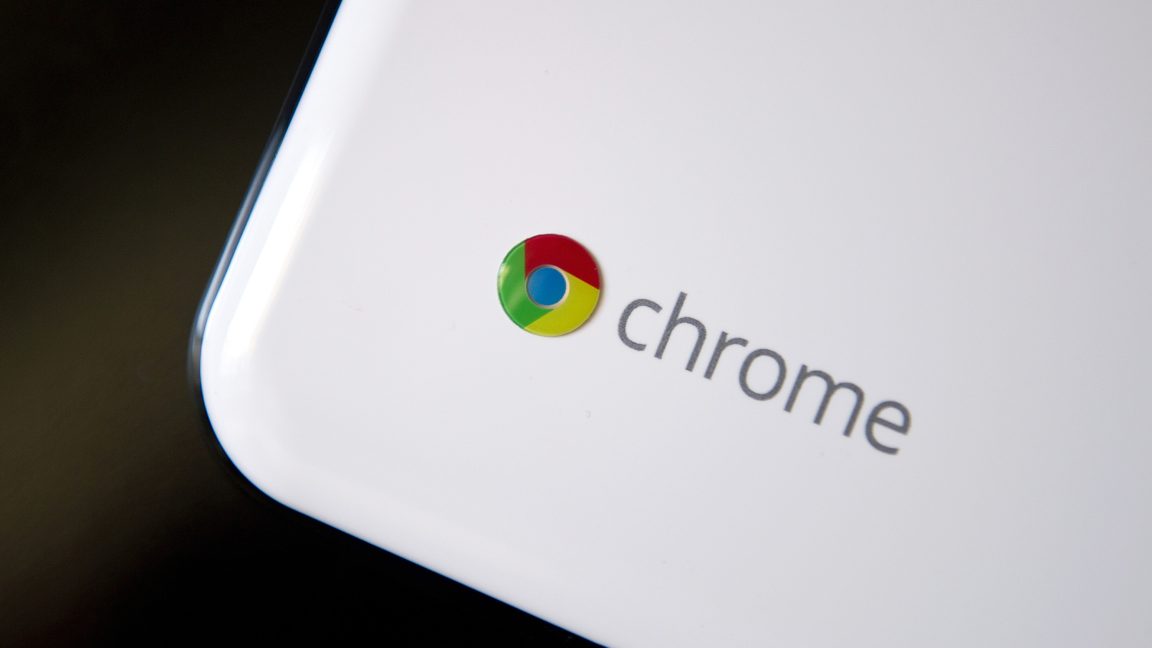End of Steam Support for Chromebooks Announced

In a recent announcement, Google and Valve revealed the conclusion of their joint project, 'Steam for Chromebooks,' with the experiment set to end on January 1, 2026. This decision marks the end of support for the ChromeOS version of Steam, which has been in beta testing since its launch. Users attempting to install Steam now are met with a notification outlining the termination of support.
The notification reads, 'The Steam for Chromebook Beta program will conclude on January 1st, 2026. After this date, games installed as part of the Beta will no longer be available to play on your device.' Google's venture into Chromebook gaming began with Steam's alpha release in early 2022, limited to a few high-performance devices with Intel processors. The subsequent beta introduced support for AMD CPUs and reduced system requirements, signaling an expansion in accessibility.
This initiative was part of a broader push for gaming-focused Chromebooks. Google collaborated on laptops equipped with advanced hardware and high-refresh-rate screens. These devices were optimized for GeForce Now and Xbox Cloud Gaming, contributing to Google's ongoing efforts to enhance gaming on Chromebooks since at least 2020.
Despite the Proton compatibility layer, which facilitates Windows games on Valve's Linux-based SteamOS, the Steam beta on Chromebooks faced challenges such as limited game compatibility. Most Chromebooks' low-end integrated graphics struggled to match the performance of dedicated GPUs found in higher-end devices, including the Steam Deck.
Currently, only 99 games are officially supported by Google for Chromebooks, primarily older and less demanding titles. While more demanding games can technically run, hardware limitations hinder their playability. Interestingly, there were once Chromebooks under development with Nvidia GeForce GPUs, but they did not reach fruition, having been quietly discontinued.
The winding down of 'Steam for Chromebooks' might be attributed to low user adoption or the persistent hardware limitations of Chromebooks. Alternatively, Google might be restructuring its projects to align with its plans to merge Android and ChromeOS. Nevertheless, the future of gaming on Chromebooks appears to rely heavily on cloud-based solutions.



